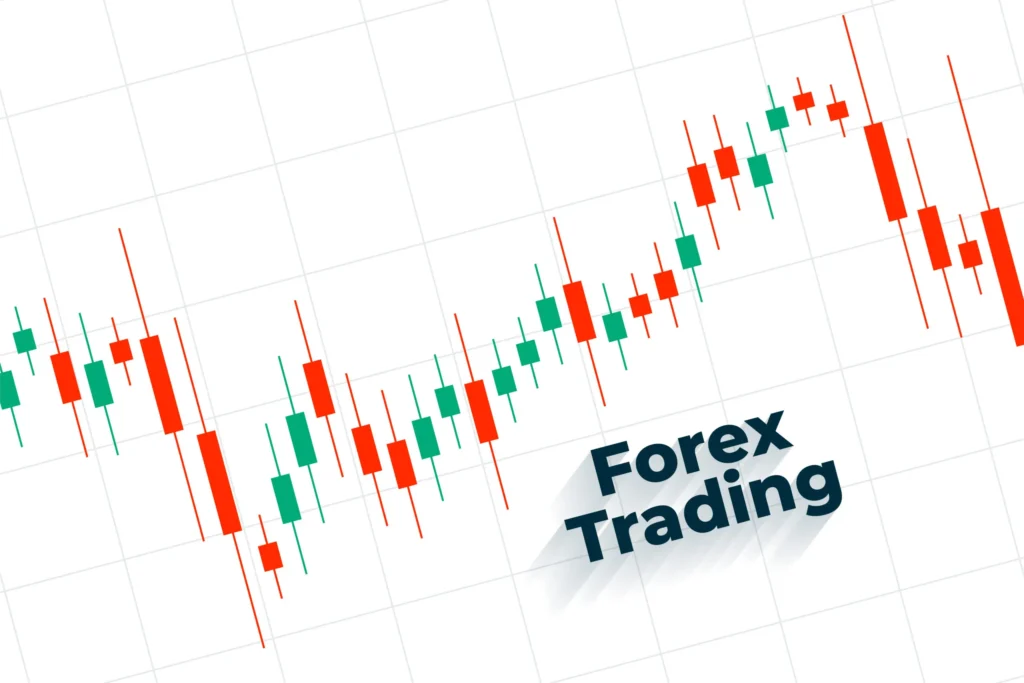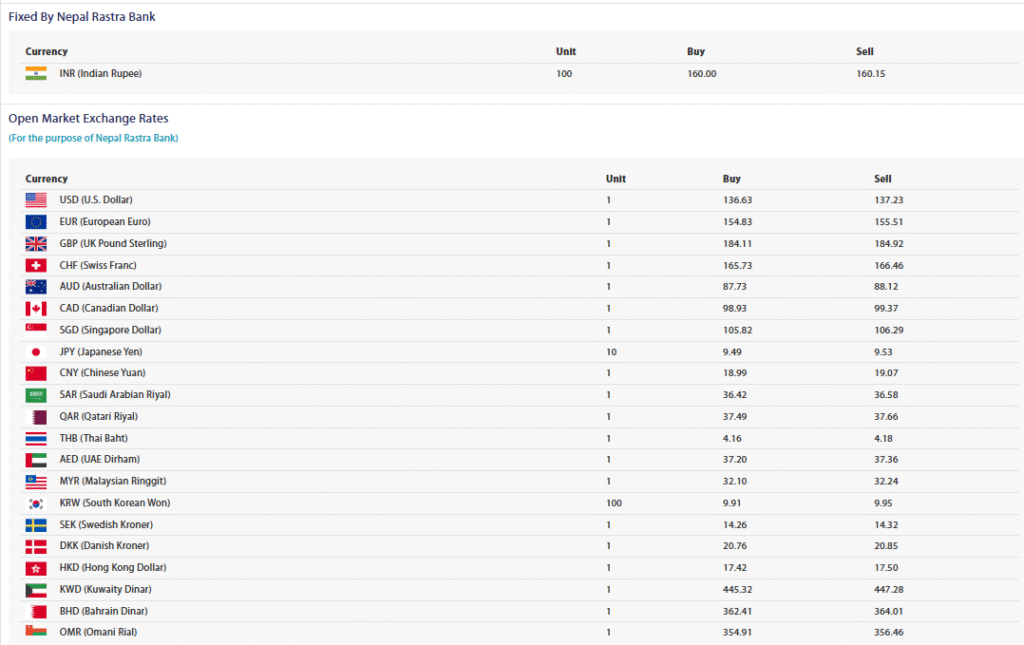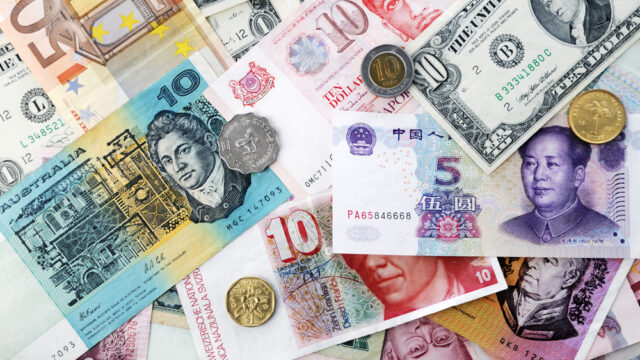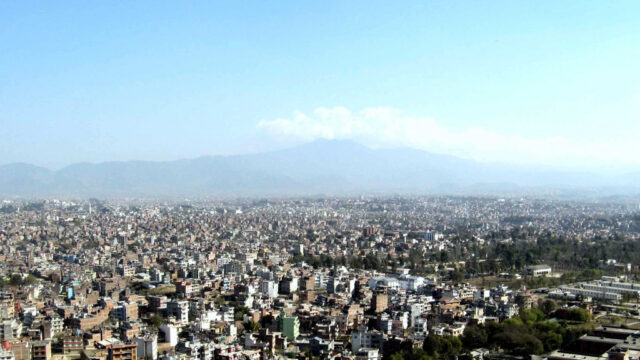Nepal Rastra Bank (NRB), the central bank of Nepal, has today fixed the foreign currency exchange rates effective for the banking and financial institutions across the country. According to NRB, the buying and selling rates of major foreign currencies have been announced, reflecting the ongoing trends in the international forex market and local demand-supply dynamics.
Nepal Rastra Bank’s Exchange Rate
The US Dollar, considered the most widely traded currency globally, is set at a buying rate of NPR 136.63 and a selling rate of NPR 137.23. This indicates a slight fluctuation influenced by international market movements and domestic economic conditions. The Euro, the official currency of the Eurozone countries, has a buying rate of NPR 154.83 and a selling rate of NPR 155.51. Meanwhile, the British Pound Sterling, known for its strong valuation in foreign exchange, is priced at NPR 184.11 for buying and NPR 184.92 for selling.
The Swiss Franc, another major international currency, is valued at NPR 165.73 for buying and NPR 166.46 for selling. These rates indicate the relative strength of the Swiss economy and its financial markets. Meanwhile, the Australian Dollar is trading at a buying rate of NPR 87.73 and a selling rate of NPR 88.12, while the Canadian Dollar is set at NPR 98.93 for buying and NPR 99.37 for selling. The Singapore Dollar, a prominent currency in Asia’s financial hubs, has a buying rate of NPR 105.82 and a selling rate of NPR 106.29.

Asian currencies also feature prominently in today’s exchange rate listings. The Japanese Yen, quoted per 10 units, has a buying rate of NPR 9.49 and a selling rate of NPR 9.53. The Chinese Yuan is priced at NPR 18.99 for buying and NPR 19.07 for selling, reflecting China’s growing economic influence. The Saudi Arabian Riyal is valued at NPR 36.42 for buying and NPR 36.58 for selling, while the Qatari Riyal stands at NPR 37.49 for buying and NPR 37.66 for selling.
Other regional currencies include the Thai Baht, which has a buying rate of NPR 4.16 and a selling rate of NPR 4.18. The UAE Dirham is priced at NPR 37.20 for buying and NPR 37.36 for selling, while the Malaysian Ringgit stands at NPR 32.10 for buying and NPR 32.24 for selling. The South Korean Won, quoted per 100 units, is trading at NPR 9.91 for buying and NPR 9.95 for selling. Scandinavian currencies also figure in the rates, with the Swedish Krona priced at NPR 14.26 for buying and NPR 14.32 for selling, and the Danish Kroner at NPR 20.76 for buying and NPR 20.85 for selling.
The Hong Kong Dollar, a major currency in international finance, is set at NPR 17.42 for buying and NPR 17.50 for selling. Middle Eastern currencies such as the Kuwaiti Dinar have a buying rate of NPR 445.32 and a selling rate of NPR 447.28. The Bahraini Dinar is priced at NPR 362.41 for buying and NPR 364.01 for selling, while the Omani Riyal is trading at NPR 354.91 for buying and NPR 356.46 for selling.

The Indian Rupee, Nepal’s neighboring currency, is fixed at NPR 160.00 for buying and NPR 160.15 for selling per 100 Indian Rupees. This reflects the close economic ties and ongoing trade relations between Nepal and India. The stability of the Indian Rupee exchange rate is crucial for Nepal’s economy, given the volume of cross-border trade and remittances.
The Nepal Rastra Bank has clarified that these exchange rates are subject to revision and can be changed at any time as per market conditions. While the rates fixed by the central bank provide a reference, commercial banks and authorized money changers may offer slightly different rates based on their own operations and market demand. For the most accurate and updated exchange rates, NRB advises stakeholders to refer to its official website.
Currency exchange rates play a critical role in Nepal’s economy, influencing import-export prices, remittance inflows, foreign investment, and tourism. Nepal, being a country with a large volume of remittances from overseas workers, especially from the Middle East, Southeast Asia, and other parts of the world, closely monitors foreign exchange rates to ensure financial stability and support economic growth.

The fluctuation in currency exchange rates also affects the cost of goods and services in the country, impacting inflation and purchasing power. Traders, businesses, tourists, and ordinary citizens rely heavily on these rates for transactions involving foreign currencies.
In recent times, Nepal has seen growing interaction with multiple international markets, and the diversity in currency exchange rates reflects the country’s expanding trade and diplomatic relations. The central bank’s role in regulating and monitoring these rates is crucial for maintaining economic balance and preventing undue volatility.
Overall, the announcement of today’s foreign exchange rates by Nepal Rastra Bank provides an essential guideline for all economic stakeholders involved in currency transactions. Keeping these rates transparent and updated helps build confidence among market participants and supports the smooth functioning of Nepal’s financial system.






